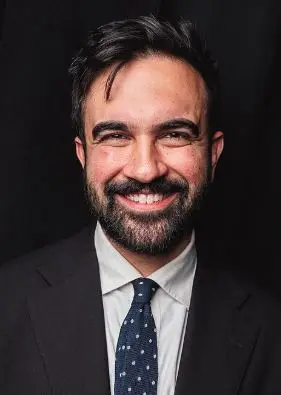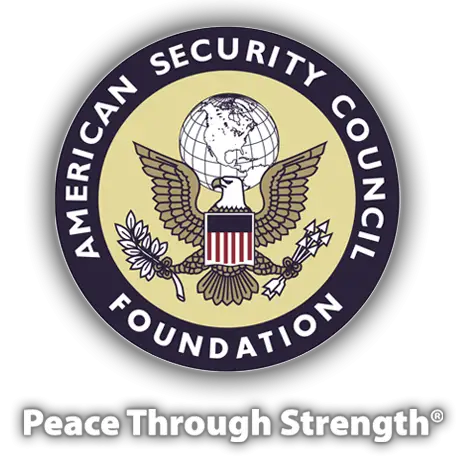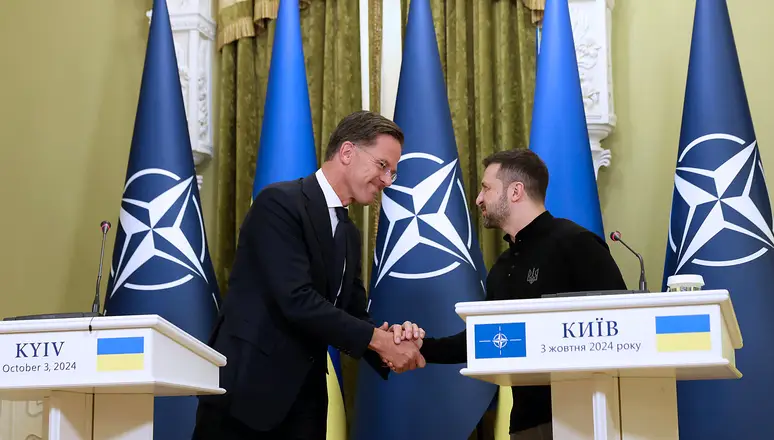
If you liked this article, please share it with your friends and family. You can also help the American Security Council Foundation shape American policy.

In the August issue of ARMY, I addressed the need for restoration of the Army school system at a time when a new way ‘‘to develop strategic leadership and mindedness among the general officer corps,’’ as reported in the June issue, had been directed. I was unaware the Association of the U.S. Army’s Institute of Land Warfare was about to publish a paper addressing the same issue.
That study was published in October with the title ‘‘Reconnecting Athens and Sparta.’’ It is a 20-page report that provides an assessment of the impact of the Officer Personnel Management System XXI Task Force requirement of the past 20 years.
OPMS Xxi dealt with recommendations regarding the strategic thinking capabilities of Army senior leaders. The study proposes that the OPMS requirements for specialization and generalization in the officer corps are out of balance and have contributed to a curtailing of strategic thinking. ‘‘Army leaders must still possess tactical mastery’’ of the battlefield but also ‘‘cyber skills… expertise in space operations… language skills, expertise in acquisition process… and understand ding of the inner workings of the Department of Defense.’’ Overall, in implementing requirements for the 20 Army Warfighting Challenges, the U.S. Army Training and Doctrine Command encouraged officers to specialize in particular functional areas, accommodated personal requests for assignments, guided civilian graduate school education and monitored unofficial quotas of specialists’ representation on promotion lists.
The 20-year history of the dual track system, in which about 20 percent of the officer corps opted for specialization, seems to have resulted in a commendable number of experts in foreign affairs, operations research, electronic warfare and the other specialties, but who had little exposure to the generalist’s world needed to acquaint them with the responsibilities of senior commands.
Conversely, the 70 percent who chose to follow the normal branch track requirements, particularly in the combat arms, became expert tacticians who continue to fight our wars but lacked the broadening experiences and education that lead to the strategic thinking necessary at the highest command echelons. The inordinate demand for rotations in the combat zones contributed to that situation, as did the penchant of political leaders to make military significant decisions.
The study also exposes another serious lack in officer corps education: exposure to civilian graduate education. In years past, before the end of the Cold War, the Army annually sent 5,500 – 7,000 officers to civilian universities to obtain graduate degrees, broadening their experience in their preparation for the demanding responsibilities of the highest command levels. Those numbers were reduced in the 1990s to ‘‘less than 400’’. Subsequently, a performance-based Graduate School Incentive Program, and exchange offered for a three-year extension of one’s service obligation, attracted substantial numbers of young officers. But today that program is limited to no more than 50 annual selectees and the total graduate school authorization is capped at 412.
That history pretty well explains the need for the new ‘‘strategic leadership and mindedness’’ schooling for general officers. The broadening powers and incentives promoted in the old Army education and utilization systems need a full-scale restoration.
This column is in no way more than a reference to the institute’s report, which provides a detailed and comprehensive study of the need for ‘‘Reconnecting Athens and Sparta.’’ I have summarized only some of the finding and observations presented, and I recommend perusal by personnel managers and sincere study by anyone working on improvements to the OPMS.
My only criticism stems from the fact that there is no reference to the Army being too small to accommodate the current mission load, and adequate structure to meet today’s threats and an institutional Army that will provide the logistical and administrative support requirements of the entire force. The Army education system for officers and NCOs is a vital segment of that force.
Gen. Frederick J. Kroesen, USA Ret., served as vice chief of staff of the U.S. Army and commander in chief of U.S. Army Europe. He is a senior fellow of the Association of the U.S. Army’s Institute of Land Warfare and First Vice President of the American Security Council Foundation.
Reprinted with permission from ARMY Magazine, Vol. 68 #1, copyright 2013, the Association of the United States Army.




